
Close


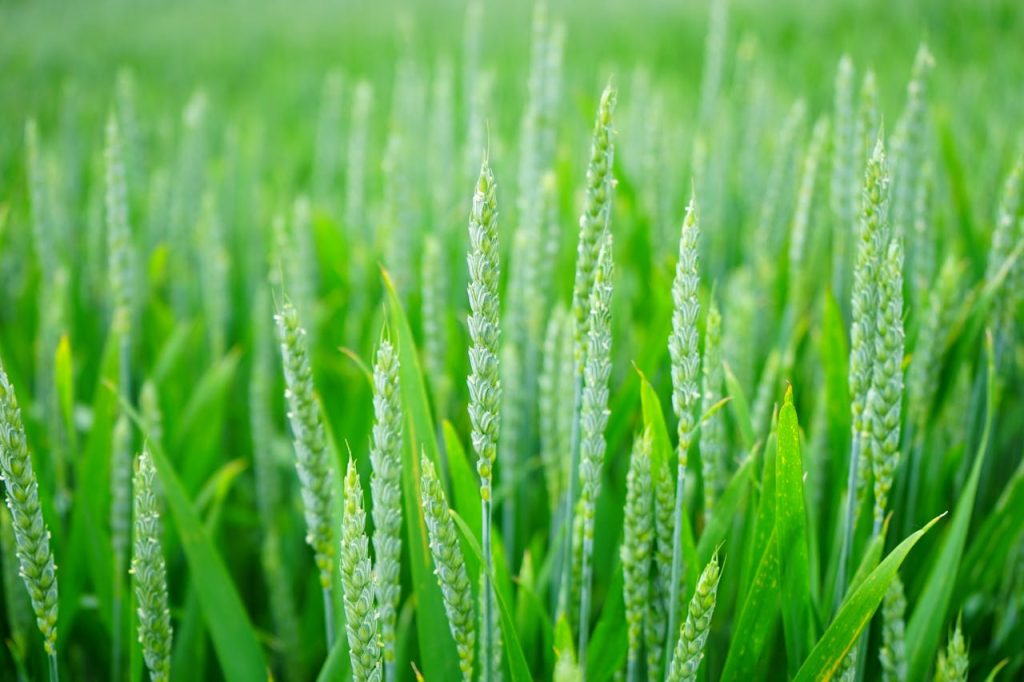
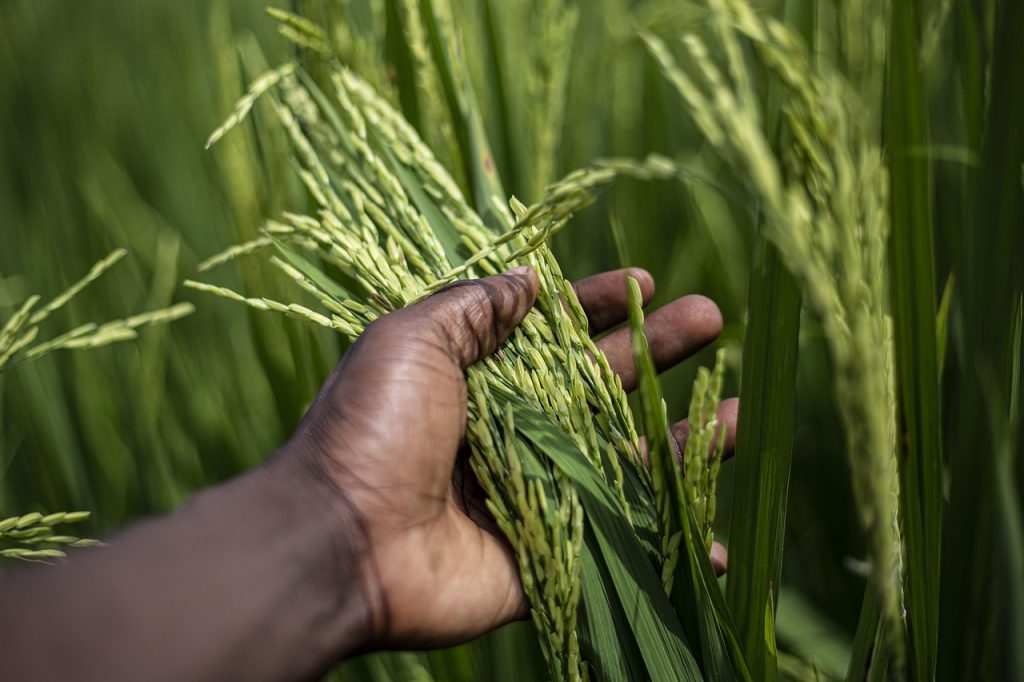
Organic farming is a production system that sustains the health of soils, ecosystems, and people. It relies on ecological processes and demand for organic farming, shows substantial growth in worldwide. It mainly relies on the minimal use of o-farm inputs and techniques such as crop rotation, green manure, composting, and biological pest control methods. Organic farming exerts no pressure on the environment compared to conventional, with possible exceptions of nitrate leaching, soil erosion, and in biodiversity. It is comparatively more energy ecient and always a sustainable approach. Ancient Sri Lanka which was world famous for paddy production at that time was called the ‘Granary of Eastern Asia’, had introduced more than 200 kinds of indigenous paddy to the world. The vast irrigation systems including tanks (reservoirs) and canals connected to each other built in about 300BC illustrate the grandeur of our past, proving how our organic farming practices had been in Sri Lanka from ancient times.




Employing chemical fertilizers for agriculture is the most prevalent worldwide agronomic practice today. However, excessive, prolonged usage of chemical fertilizers causes enormous environmental and social impacts. As per the United Nations Environment Program (UNEP) during the last 100 years, the amount of man-made nitrogen compounds in soil, water, and the air has doubled. Usage of excessive chemical fertilizers has caused rapid deterioration of soil and groundwater, loss of soil fertility, accumulation of heavy metals in soil and plants, reduce soil productivity, breaks the natural eco-system balance by destroying soil microflora, and causes water pollution by inducing the eutrophication. The environmental concerns lead to new movements that demand low input use agriculture systems, including organic agriculture that provides an ecofriendly way of crop cultivation by using, plant and animal-based local organic resources, enriched with nutrients required for crops. This concept is comprised of eco-friendly fertilizers, pesticides, and cultivation practices. The core principles of the sustainable agricultural approach include health, ecology, fairness, and care that ensure sustainable development.
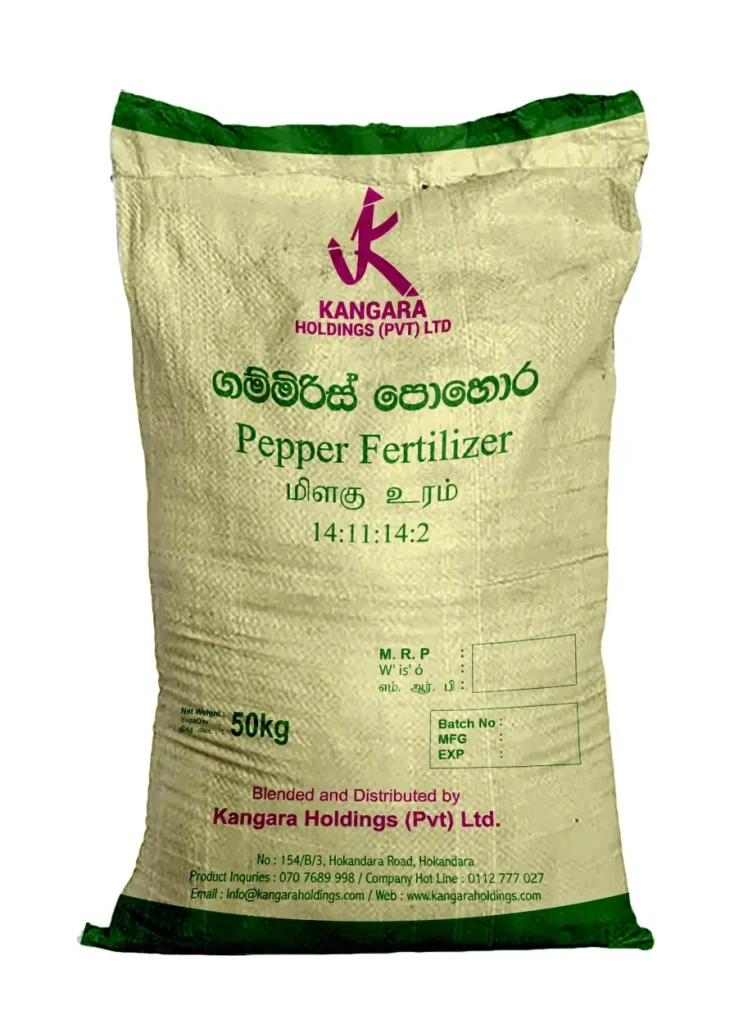
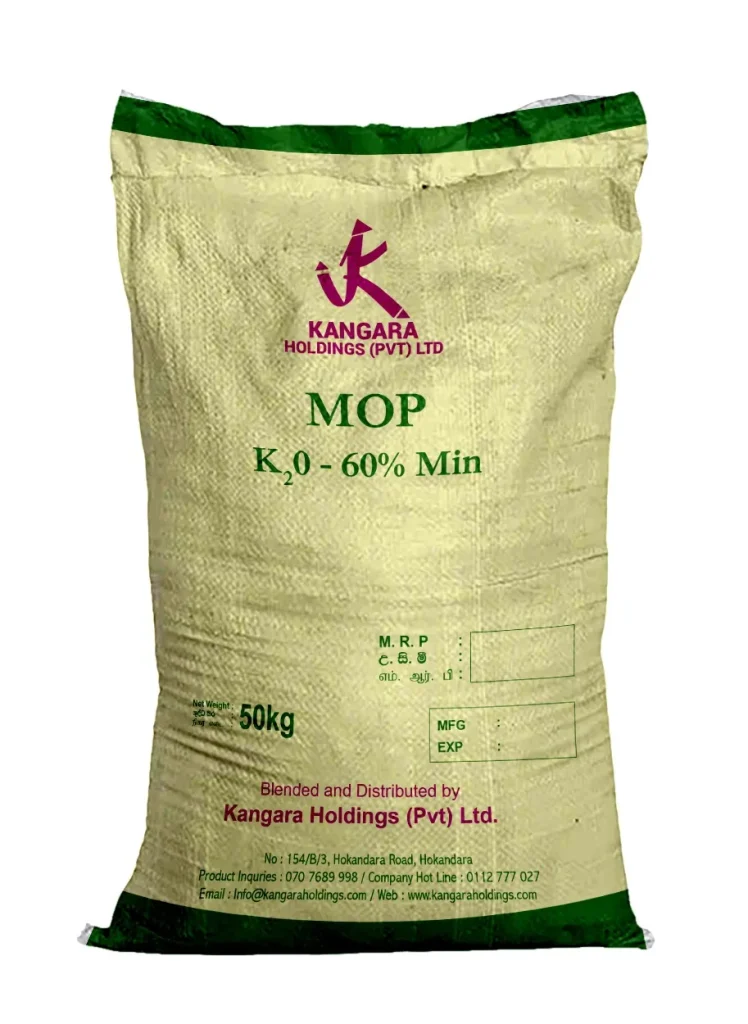
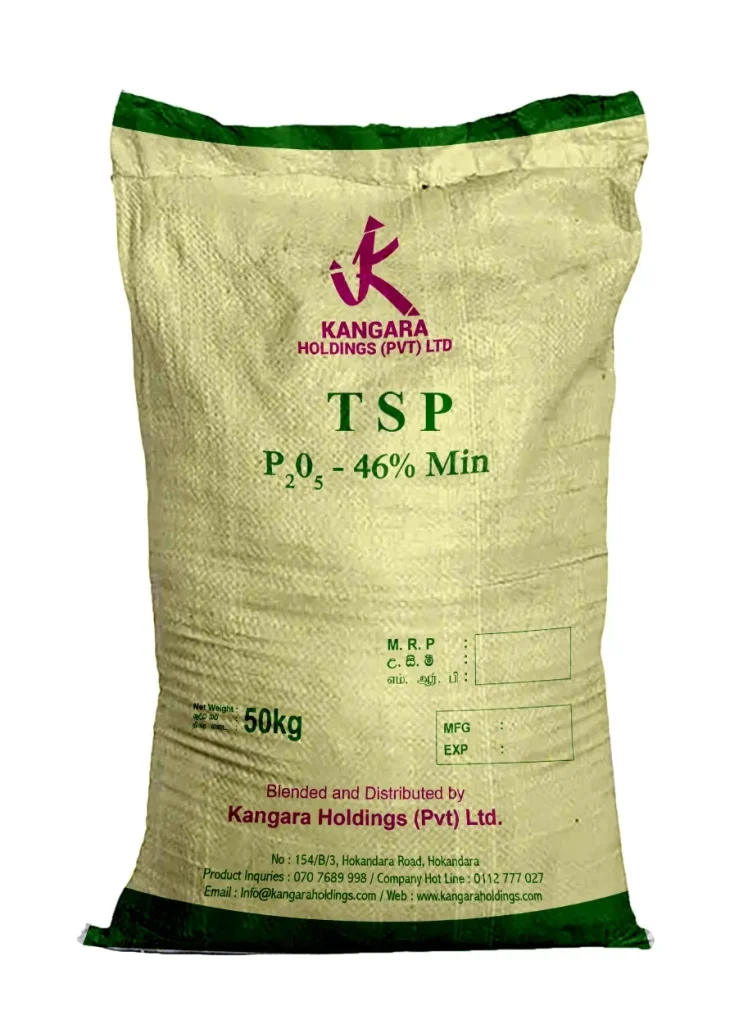

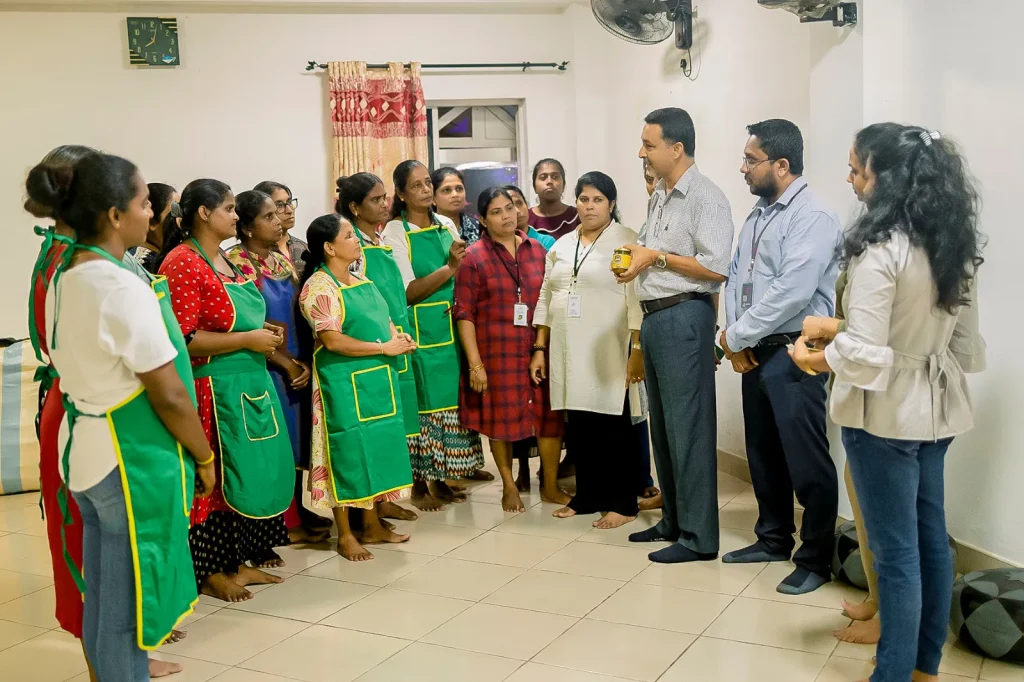


At Kangara Holdings, our commitment to a sustainable green economy goes beyond business — it is a mission to transform agriculture and governance through innovation, research, and collaboration. Operating at the intersection of environmental stewardship and agricultural advancement, we leverage cutting-edge research to develop solutions that increase productivity while safeguarding natural resources.
Our work in Sri Lanka is rooted in evidence-based research, conducted across diverse agricultural landscapes in partnership with local communities, government agencies, research institutions, and private stakeholders. By understanding the unique challenges and opportunities within the country’s agricultural sector, we design strategies that enhance soil health, optimize nutrient management, and promote regenerative farming practices. These efforts not only improve crop yields and farm resilience but also contribute to the broader goals of sustainability and climate adaptation.
Sustainable governance is a cornerstone of our approach. We actively engage with multiple stakeholders — from policymakers to industry leaders — to ensure that our initiatives align with national and international sustainability frameworks. Through transparent data-driven systems and collaborative decision-making, we help create measurable impacts that benefit both the environment and the economy. Our research-driven programs encourage practices that reduce environmental footprints, improve resource efficiency, and foster long-term resilience across agricultural value chains.
By integrating science, innovation, and collaboration, Kangara Holdings is shaping a green economy where environmental responsibility, economic growth, and community well-being coexist. Our projects demonstrate how strategic research and multi-stakeholder partnerships can lead to sustainable outcomes that extend beyond farms, influencing policies, practices, and the wider socio economic landscape.
Through our continued commitment, we aim to position Sri Lanka as a leader in sustainable agriculture and responsible environmental governance, proving that a greener economy is not just an aspiration, but a tangible reality.
Sustainable governance is a cornerstone of our approach. We actively engage with multiple stakeholders — from policymakers to industry leaders — to ensure that our initiatives align with national and international sustainability frameworks. Through transparent data-driven systems and collaborative decision-making, we help create measurable impacts that benefit both the environment and the economy. Our research-driven programs encourage practices that reduce environmental footprints, improve resource efficiency, and foster long-term resilience across agricultural value chains.
By integrating science, innovation, and collaboration, Kangara Holdings is shaping a green economy where environmental responsibility, economic growth, and community well-being coexist. Our projects demonstrate how strategic research and multi-stakeholder partnerships can lead to sustainable outcomes that extend beyond farms, influencing policies, practices, and the wider socio economic landscape.
Through our continued commitment, we aim to position Sri Lanka as a leader in sustainable agriculture and responsible environmental governance, proving that a greener economy is not just an aspiration, but a tangible reality.